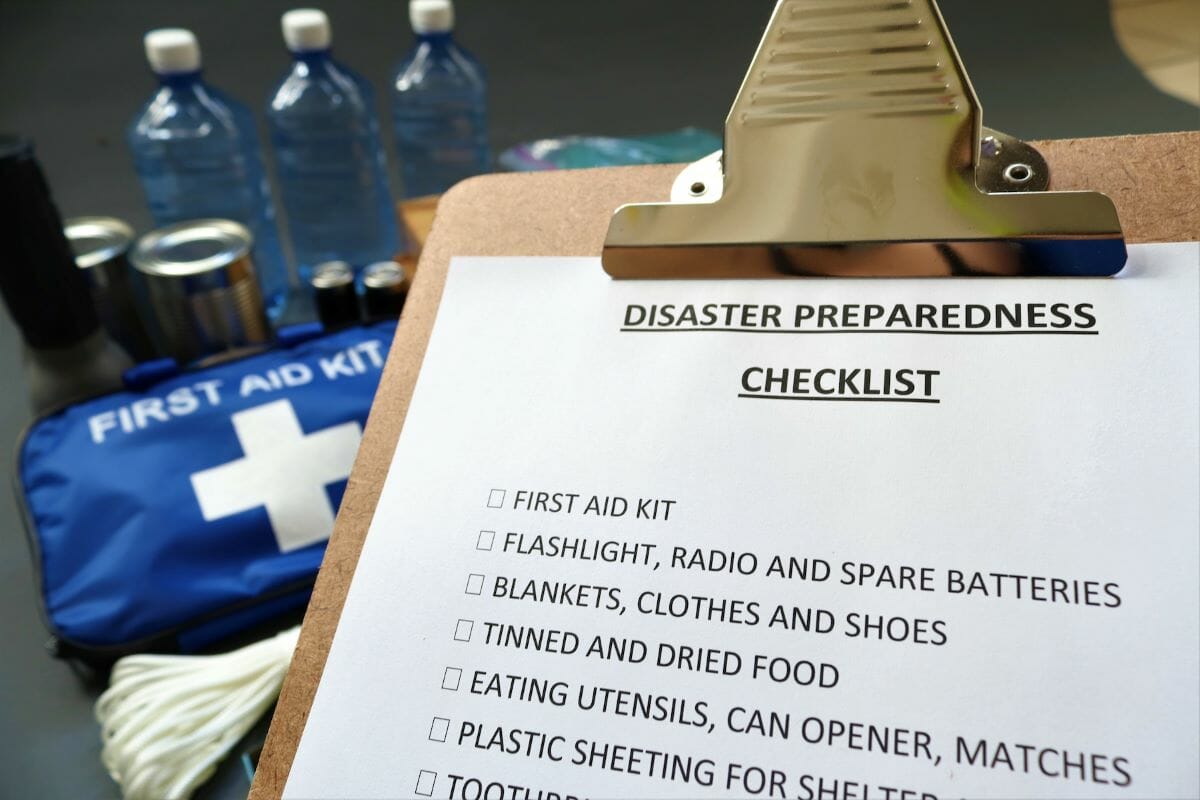Many people suffer from burnout in their careers and life in general but may not realize it. Going through the motions, dreading the fact that it’s time to go to work, and feeling mentally exhausted are draining, but they can take a toll on one’s attitude, work performance, and quality of life. Knowing the signs of burnout and what to do about it can make a difference.
“We live in a time when all we do is rush from one point to the next, constantly being busy with work, tasks, and life chores,” explains Katie Sandler, personal development and career coach. “Before long, this can lead to people feeling emotionally depleted.”
Recognizing the signs and taking action can help people overcome them and feel great. It can also help ensure that it doesn’t happen again. According to the National Institutes of Health, burnout is a term that was coined in the 1970s by an American psychologist. The term is widely used today to describe the condition where people experience various symptoms, including mental exhaustion, feeling unmotivated, detached and helpless, feeling like a failure, having an increasingly pessimistic outlook, and not feeling satisfied with life.
People who experience burnout often feel like they have a lot of bad days, that the things they do don’t matter, and that they are not appreciated. These feelings all lead to a decrease in life satisfaction, and until it’s addressed, things will stay the same or even continue to decline.
Here are some things that can be done to address burnout:
- Take a serious look at your job. Burnout is often caused because people are not satisfied with their job. When this happens, it is time to determine what can be changed. Perhaps it is time to switch jobs or make a plan to move into a new career field.
- Cut back on the number of hours worked that may be contributing to the problem. Some people put too many hours in at the office, and others still take their work home once they leave it. Set boundaries so that there are hours when work is not a part of your life and schedule.
- Work on improving your attitude by practicing gratitude, meditation, exercising regularly, and engaging in activities that bring you joy. Your work-life balance must be balanced in order to help create happiness.
- Pay close attention to those you surround yourself with to limit the time spent with people who are overly negative or drain you emotionally. This goes for people at work and in your personal life.
- Take some time off. Taking a sabbatical or planning a vacation doesn’t have to be fancy. It just needs to be something that will allow you to relax, unwind, and re-charge. Relaxation time needs to be a part of your weekly schedule, too.
- Get help if you feel that you cannot overcome it. Work with an impact coach, career coach, or counselor to get the help you need to help move things in the right direction.











